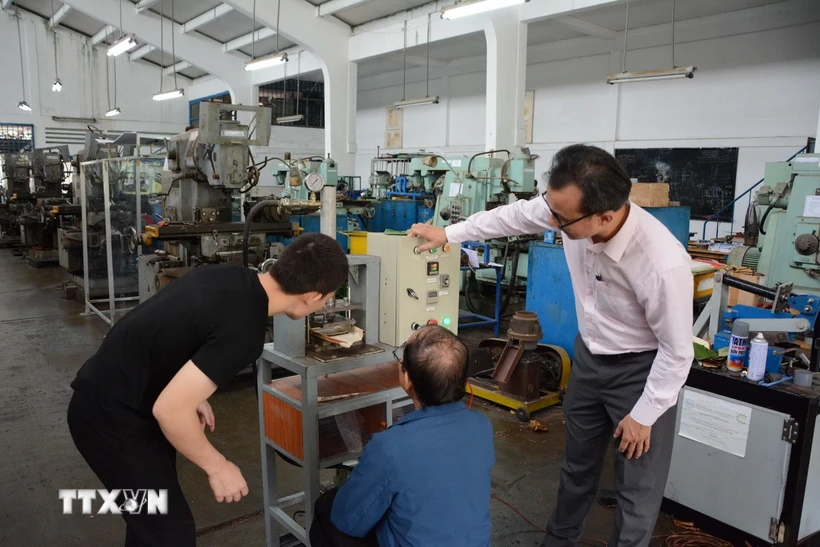
Lecturers from the University of Technical Education - Danang University guide students in making scientific products. (Photo: Van Dung/VNA)
Resolution 57-NQ/TW on breakthroughs in science, technology, innovation and national digital transformation, issued by the Politburo on December 22, 2024, is of great significance and strategic nature, reflecting the strong political will and vision of the Party and State, creating momentum for Vietnam's socio-economic development in the coming time.
The above is the affirmation of most Vietnamese experts and intellectuals living and working abroad when interviewed by VNA reporters.
Assessing the significance of Resolution 57 in the current development stage, experts and scientists all agree that investing in science and technology is the right direction, creating a driving force for breakthrough development for the country.
Sharing with VNA reporters in London, Dr. To Duc, Chief System Architecture Engineer, Rakuten Symphony UK Company, said that Resolution 57 is a breakthrough, with a commitment to attract and effectively use all investment resources for science and technology development, innovation, national digital transformation, especially setting specific goals and actions for technology development and digital transformation.
Meanwhile, Counselor and Chief Representative of Science and Technology in Japan Nguyen Duc Minh emphasized that Resolution 57 has created a strategic milestone, thereby contributing to improving Vietnam's competitiveness, narrowing the technology gap and level with developed countries, demonstrating the political determination of the leaders, creating new momentum, new spirit and consensus, determination in the whole society on developing science, technology, innovation and national digital transformation.
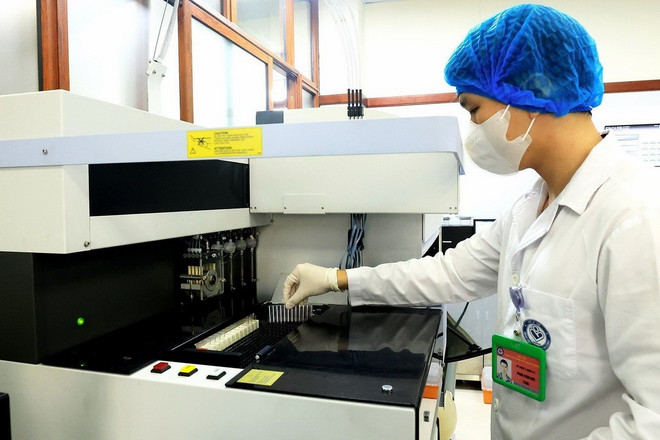
The Central Maternity Hospital applies high technology in scientific research and diagnosis. (Photo: Tuan Anh/VNA)
Sharing the same view, speaking with a VNA reporter in Sydney, Professor Nghiem Duc Long, Director of the Center for Environment and Water at the University of Technology Sydney (UTS), President of the Association of Vietnamese Intellectuals and Experts in Australia (VASEA), affirmed that the resolution is highly strategic, both in terms of timing and content.
In terms of timing, this is the time for Vietnam to not only keep pace with the world, but also to rise up to be self-reliant and self-reliant and to be able to move towards becoming one of the world's leading countries in terms of income, as well as economic , political and social potential, because in recent years, Vietnam has flourished in integrating with the world, reaping many encouraging achievements.
In terms of content, Resolution 57 is expected to remove many legal barriers as well as mechanisms so that Vietnam's economy can develop thanks to science and technology and digital transformation in the context of the 4.0 industrial revolution and the global digital economy.
Most experts and scholars assess that Vietnam has many advantages in implementing and achieving the goals of the resolution. Accordingly, Vietnam is a country with a young population, adapts quickly to technology, and has a very high rate of smartphone and Internet usage.
Domestic technology enterprises are increasingly globally competitive, and the innovative startup ecosystem is thriving with many startups reaching regional stature.
Therefore, if artificial intelligence (AI) can be applied to all fields, Vietnam will certainly achieve significant results, becoming a center of technology and innovation in the region, such as digital technology and AI; semiconductor and microchip industry; financial technology (Fintech) and digital economy; biotechnology (Biotech) and digital healthcare; Internet of Things (IoT) industry and automation; renewable energy and environmental technology, and even a world-class medical center.
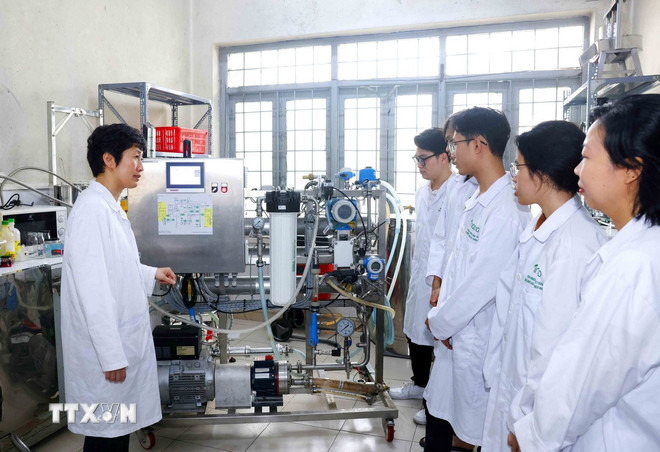
Associate Professor, Dr. Nguyen Minh Tan - a female scientist who received the Kovalevskaia Award in 2024 - instructs students on wastewater treatment systems using membrane technology. (Photo: Phuong Hoa/VNA)
However, in order for Vietnamese science to make a breakthrough, it is necessary to prioritize institutional reform and turn institutions into competitive advantages as Resolution 57 has pointed out.
According to Associate Professor, Dr. Nguyen Dang Bang, Judge Business School, University of Cambridge (UK), institutions are currently one of the bottlenecks hindering scientific research activities.
Complicated procedures in organizing international scientific conferences or disbursing scientific research projects waste time and money for scientists - who should focus on research and invention instead of dealing with administrative procedures.
Scientists also need to be given the trust, opportunity and encouragement to conduct experiments rather than presenting research at an early stage.
Therefore, Vietnam needs to improve the law on innovation and intellectual property, issue policies to help protect technological inventions; simplify the process of registering new technologies, licensing technology startups; strengthen cooperation, refer to international models to receive technology transfer; build an attractive investment environment, attract technology corporations to set up research and development (R&D) centers in Vietnam.
In the context of limited resources, instead of spreading investment, the state needs to focus resources on developing 3-4 key scientific fields with specific implementation time.
These key industries must have advantages, good foundations and the potential to bring high value in the next 10-15 years.
Less important sectors can be left to the private sector or foreign investment. The State needs to play a role in guiding, regulating and creating an open policy foundation for economic sectors to participate.
Besides, Vietnam also needs to develop a systematic technology development strategy, attract foreign investment and train high-tech human resources.
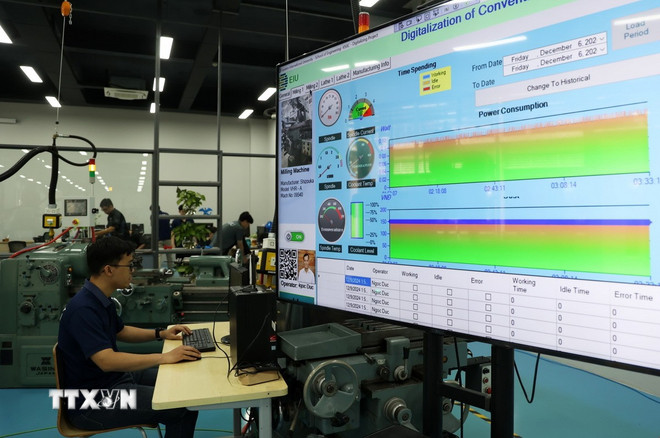
Digital technology dashboard in the Center for Innovation and Technology 4.0, Eastern International University (EIU). (Photo: Hong Dat/VNA)
In order to create a rich and high-quality human resource in the industrial science sector, Vietnam needs to pay attention to the training model, introduce programming, AI, and big data into the general education program, helping students get acquainted with technology early; apply a practical education model, linking with businesses so that students can do real projects; and need to put in place a mechanism to take advantage of and attract talents studying and working both domestically and internationally.
Professor Vu Minh Khuong, Lee Kuan Yew School of Public Policy (Singapore), pointed out that Vietnam's intellectual and expert resources abroad are very large, with good qualifications and skills, and experience in the world environment.
However, there must be specific requirements, a certain budget for support, implementation, and a leader must be found to handle the requirements. To do so, it is necessary to first build a database of experts in each specialized field, from semiconductors to biology, medicine, AI...
In the context of the world truly entering the fourth industrial revolution, the Politburo's issuance of Resolution 57-NQ/TW shows that Vietnam is ready to participate in the process of change, bringing the country to develop richly and powerfully in the new era - the era of national growth.
Dr. Simon Best, Senior Lecturer in Innovation and Business, Middlesex University, emphasized that Vietnam has enough dynamism and entrepreneurial spirit to promote innovation, while Professor, Dr. Balbir Barn, Head of the Faculty of Science and Technology, Middlesex University, optimistically said that Vietnam is in a very good position to take the lead in technological development and scientific progress, creating momentum for growth./.
Nguyen Tuyen-Do Van-Minh Hop-Thanh Tu-Ngoc Ha
(Vietnam+)
Source: https://www.vietnamplus.vn/dau-tu-vao-khoa-hoc-cong-nghe-suc-bat-tu-su-dot-pha-post1022743.vnp




![[Photo] General Secretary To Lam attends the 80th Anniversary of the Cultural Sector's Traditional Day](https://vstatic.vietnam.vn/vietnam/resource/IMAGE/2025/8/23/7a88e6b58502490aa153adf8f0eec2b2)

![[Photo] Prime Minister Pham Minh Chinh chairs the meeting of the Government Party Committee Standing Committee](https://vstatic.vietnam.vn/vietnam/resource/IMAGE/2025/8/23/8e94aa3d26424d1ab1528c3e4bbacc45)


















































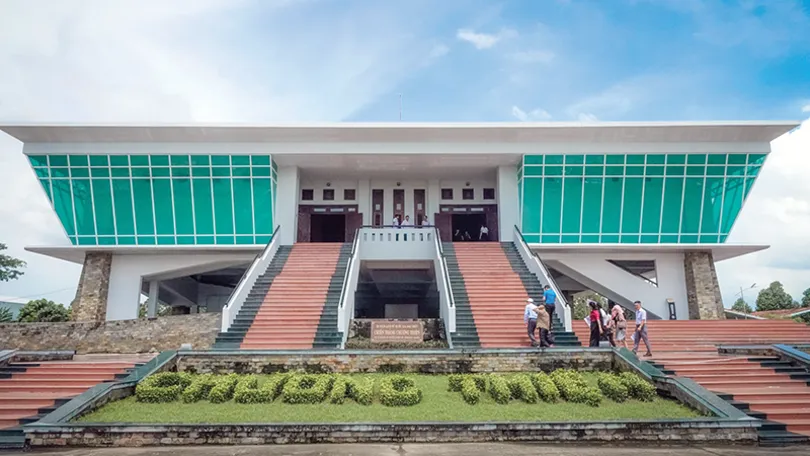



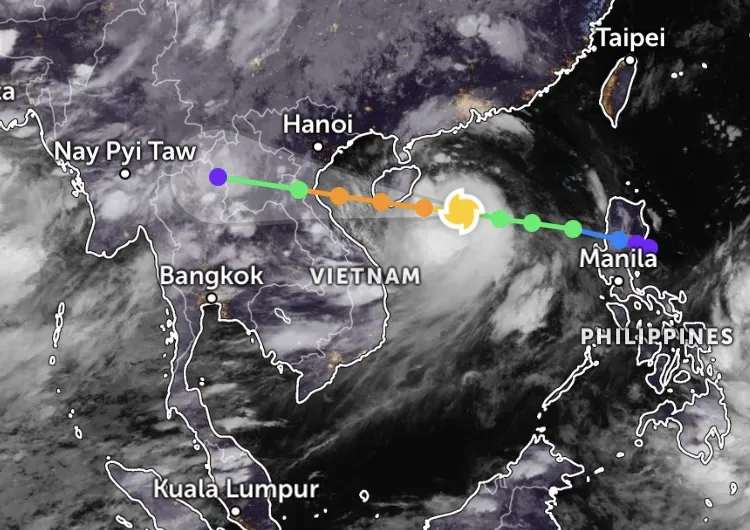
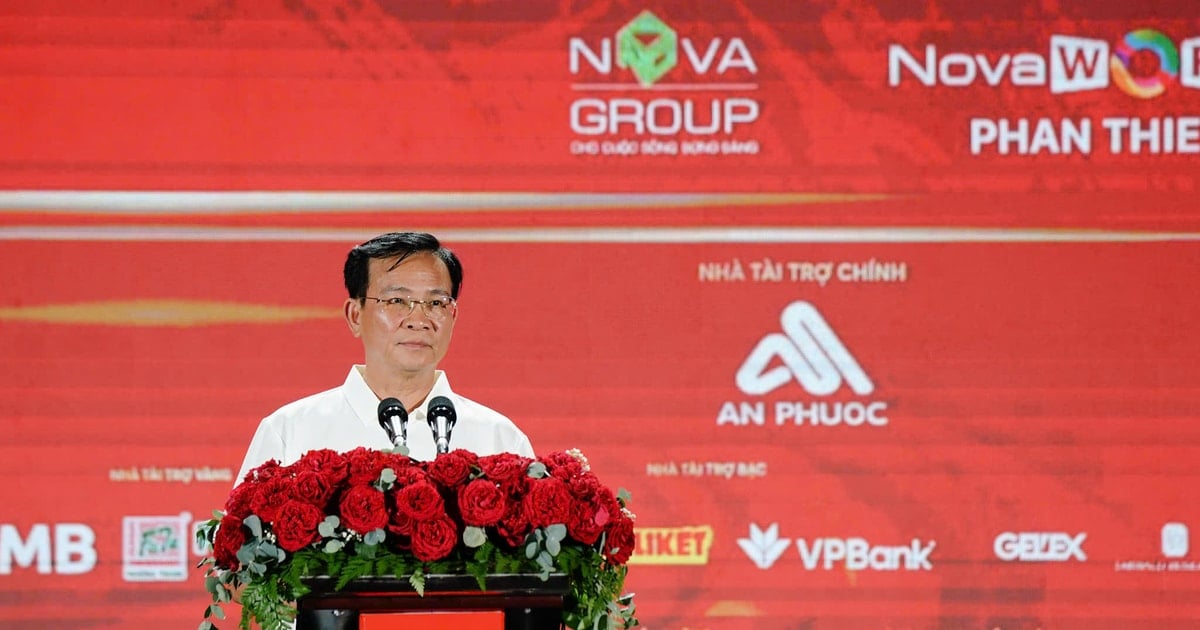



















Comment (0)